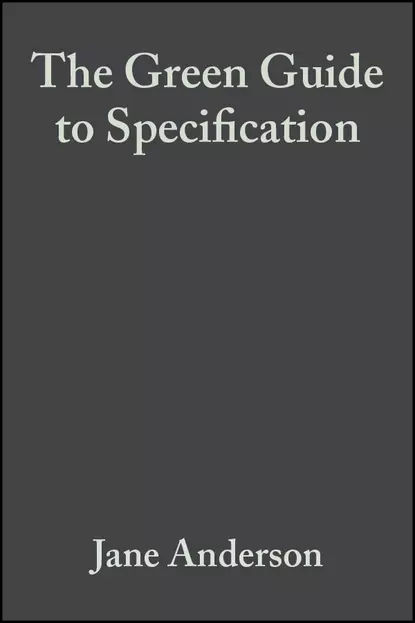The Green Guide to Specification

Поделись книгой!
Автор: Jane Anderson
Издательство: John Wiley & Sons Limited
Категория: Архитектура, Дизайн
ISBN: 9780470680391
📗 How can you tell if the materials and components you are specifying have a low environmental impact? A full life-cycle assessment is a complex, time-consuming and expensive process; the environmental ratings summarised in this Guide provide a quick and easy way for designers and specifiers to assess their options. The relative environmental performance of over 250 materials and components have been assessed in this guide, using carefully researched, quantitative data derived from the BRE Environmental Database. A wide range of alternative specifications are provided for: · walls · floor systems · floor finishes · roofs · windows · doors · ceilings · paints · insulation · landscaping. The performance of each specification is measured against a range of environmental impacts including: · climate change · toxicity · fossil fuel and ozone depletion · levels of emissions and pollutants · mineral and water extraction. Environmental performance is indicated by a simple to use A-B-C rating system. To further aid specifiers, guidance on capital coasts, typical replacement intervals and information on recycling is also provided for each material and component. An important part of BREEAM, the BRE's widely accepted scheme to improve the environmental performance of buildings, The Green Guide to Specification is an essential tool for architects, surveyors, building managers and property owners seeking to reduce the environmental impacts of building materials through informed choice.
Мнения